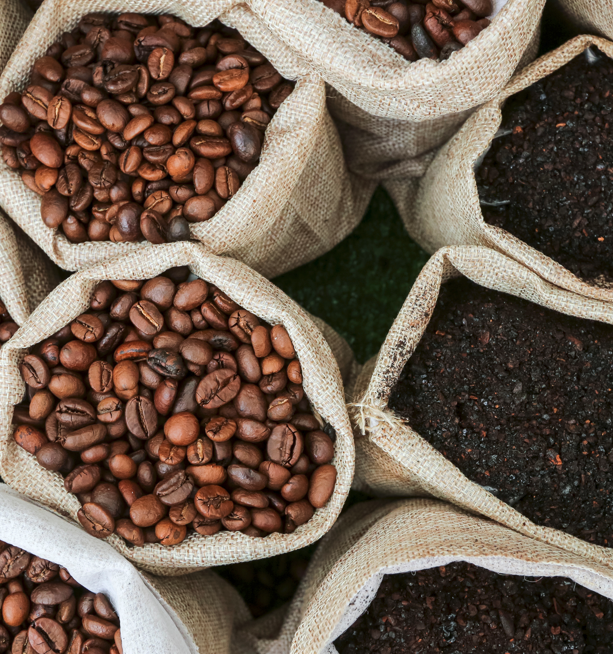The Benefits of Organic Coffee: Why It's Worth the Switch

In recent years, organic coffee has been garnering attention from coffee enthusiasts and health-conscious consumers alike. But what exactly makes organic coffee stand out, and why might it be worth making the switch? Let’s dive into the numerous benefits of choosing organic coffee over its conventional counterpart.
1. Healthier for You
One of the primary reasons people choose organic coffee is health. Organic coffee is grown without synthetic pesticides, herbicides, and fertilizers, which means that the beans are free from chemical residues. These chemicals have been linked to various health concerns, including hormonal disruptions and increased cancer risk. By opting for organic coffee, you reduce your exposure to these potentially harmful substances, leading to a healthier cup of coffee.
2. Better for the Environment
Organic farming practices are designed to be more sustainable and environmentally friendly. Organic coffee cultivation avoids synthetic chemicals, which helps to protect local ecosystems and biodiversity. This type of farming emphasizes soil health, water conservation, and reduced pollution. The use of natural compost and organic fertilizers also enhances soil fertility and prevents erosion, contributing to a healthier planet.
3. Supports Sustainable Farming Practices
Organic coffee is often grown using sustainable farming practices that focus on long-term environmental health. These practices include crop rotation, which helps maintain soil fertility, and polyculture, which promotes biodiversity. By supporting organic coffee, you’re contributing to farming practices that preserve natural resources and promote ecological balance.
4. Better Taste and Quality
Many coffee aficionados argue that organic coffee offers a superior taste compared to conventionally grown coffee. The absence of chemical fertilizers and pesticides can result in beans with a richer, more nuanced flavor profile. Additionally, organic coffee is often grown in higher-quality conditions and under more careful cultivation practices, which can enhance the overall quality and taste of the coffee.
5. Ethical and Fair Trade Considerations
Organic coffee is frequently associated with fair trade practices, which ensure that farmers receive a fair price for their products. This not only supports the livelihoods of coffee growers but also promotes ethical business practices. By choosing organic coffee, you’re more likely to be supporting farmers who are committed to fair trade principles, contributing to better working conditions and sustainable development in coffee-growing regions.
6. Less Environmental Impact
Organic coffee farming tends to have a lower carbon footprint compared to conventional coffee production. Since organic methods avoid synthetic chemicals and promote natural soil health, they often require less energy and produce fewer greenhouse gases. Additionally, organic coffee farms frequently use organic mulch and compost, which help sequester carbon in the soil, further reducing the overall environmental impact.
7. Preservation of Natural Resources
Organic coffee cultivation often includes practices that conserve natural resources. For instance, organic farms may use rainwater harvesting techniques and efficient irrigation systems to reduce water usage. The focus on maintaining healthy soil also means that organic farms are better at preserving topsoil and preventing soil degradation.
8. Supports Local and Small-Scale Farmers
Organic coffee is often grown on smaller farms that prioritize quality over quantity. Supporting these smaller, local farms can help sustain traditional farming communities and promote local economies. It’s also a way to enjoy a product that has been carefully cultivated and harvested with attention to detail.
Making the Switch
If you’re considering making the switch to organic coffee, look for certifications such as USDA Organic or Fair Trade, which ensure that the coffee meets established standards. While organic coffee might be slightly more expensive than conventional options, the benefits to your health, the environment, and the global coffee community make it a worthwhile investment.
In conclusion, organic coffee offers a range of benefits that extend far beyond just a great-tasting cup. From health advantages and environmental impact to supporting sustainable practices and ethical trade, choosing organic coffee is a choice that aligns with a commitment to better living and a healthier planet. So next time you reach for your morning brew, consider making it organic—you might find that it’s not just a better choice for you, but for the world as well.
